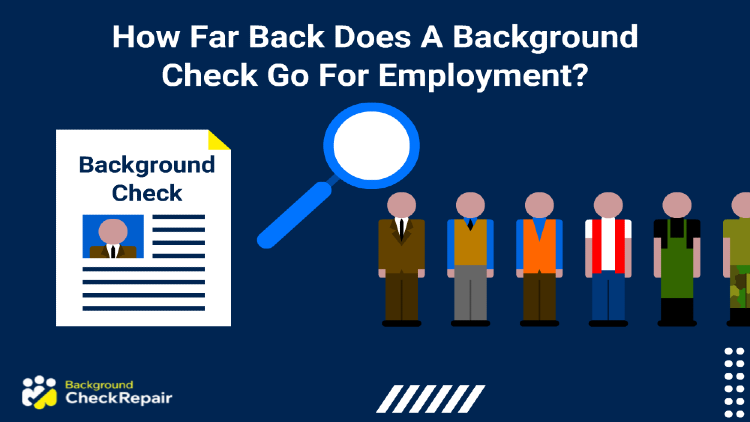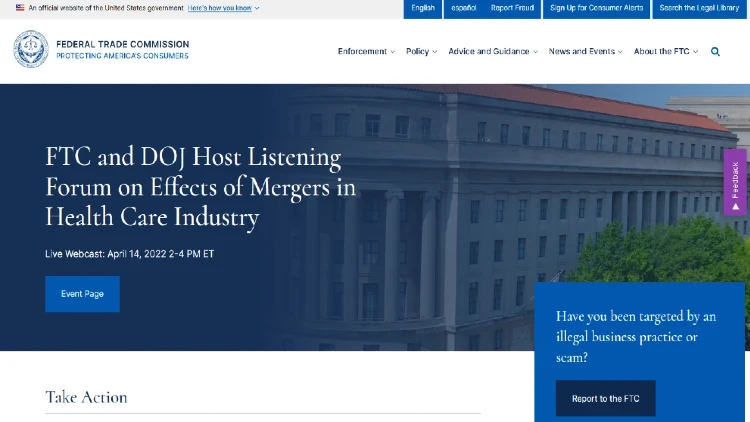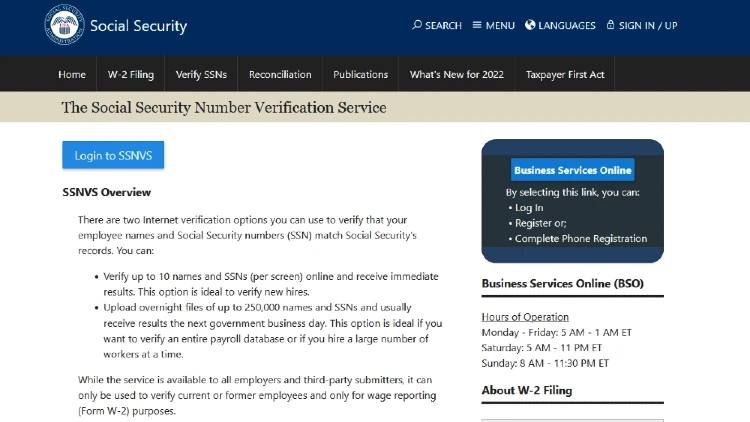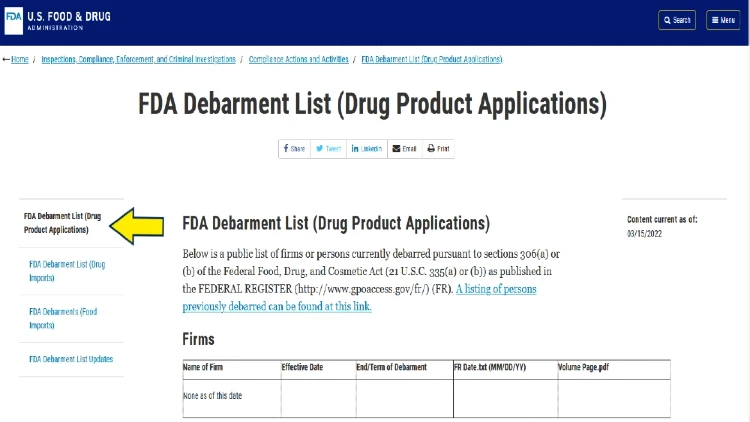
For people who are searching for a job for the first time in years, they may be wondering how far back does a background check go for employment.
This is especially important to people who may have criminal history records, which might limit their job opportunities. Luckily, there are numerous federal and state laws that dictate the extent of a level 2 records check, as well as the extent of an FBI background check.
To understand how far back a background check goes for employment, it’s just a matter of checking the right information, quickly and securely because the answer can depend on what type of background check is being performed, and where a person lives.
The process to check now is explained below.
How Far Back Do Background Checks Go for Employment?
Technically speaking, a background check is a check of an individual’s history, this can include a number of different aspects of their past such as employment, education, driving records, and most notably, criminal history.
Many people confuse a criminal history check with a background check. Although most background checks include a criminal history check, checking someone’s criminal history is just one of the things that are checked as part of a typical employment background check.
However, the criminal history check is arguably the most important check and the most common.
In general, there are no limits on how far back a records check goes, concerning education validation, employment checks, and checks of various registries such as sex offender registries. These searches do not have time limits associated with them. This means that an employer can be free to view an individual’s education credentials, from 10 years ago or even more in some cases.
However, when answering the question, “how far back does a background check go for employment,” most people are referring to a criminal history check, in which case, the answer is 7 years. Although not every state has an official 7-year rule, even in states that don’t legally outline it, most background check companies will report back 7 years.
Employment Background Check Exceptions
There are several exceptions and state laws that may impact how far a background check goes, but in general, background check companies cannot report on an individual’s criminal history record if it is more than 7 years in most states.
The Fair Credit Reporting Act (FCRA), managed by the Federal Trade Commission is designed to protect both applicants and employers from background check (largely credit history) related discrimination. Although the FCRA has regulations regarding background checks, the FCRA does not set a specific time limit for how far back a background check can go. These time limits are determined by the state.

Besides laws set by the FCRA, many states have adopted additional laws, some of which determine at what part of the hiring process an employer can ask an applicant about their criminal history as well as what specific questions can be asked. Ban the Box laws and others prevent undue discrimination against former felons.
It’s also important to understand that while there are regulations about what questions can be asked regarding an applicant’s criminal history, this does not prevent the employer from removing someone for consideration due to their criminal history.
What Is Done in a Background Check for Employment?
Background checks for employment vary widely based on a number of factors.
These checks tend to be specific to the job duties required, so even at the same company, different applicants may be required to undergo different kinds of background screenings.
There are a few basic checks that are a part of almost every name-based (level 1) employment background check. These include:
The identity and SSN verification are both done to ensure that the person applying for the position is who they say they are. This prevents individuals from using fake names to apply for jobs in an effort to conceal their identity. Both of these checks and the address history check are also necessary to run a proper criminal history check.

A typical background check company, which most employers choose to hire to perform background screenings on applicants, uses the address history of an individual and their full name (including middle name) to narrow down their criminal history search. This allows the company to search for an individual’s criminal history information at a local level, in addition to searching national and sometimes federal databases for any useful information.
Background check companies will be able to locate any arrest and conviction records on an individual and report them back to the employer, assuming the charges were filed less than 7 years ago, including discovering if someone has charges on their record.
However, background check companies will not be able to report on charges that were dropped or any records that are sealed, such as juvenile records searches.
Job-Specific Background Checks
Many jobs, such as those in the retail and food industry will only run a name-based background check to minimize risk and protect their staff. However, other industries conduct enhanced-level background checks, usually required by federal or local law.
The following jobs are likely to require additional checks:
- Jobs involving vulnerable groups such as children or the elderly (Caregiver records checks)
- Healthcare jobs (Nursing background screenings, Level 2 Healthcare checks)
- Jobs that deal with sensitive information
- Jobs that deal with financial information
- Jobs that require certain education or certifications (Professional License Verification)
- Jobs that require the use of heavy machinery
- Jobs with annual salaries above $75,000
Jobs involving children, such as teachers or daycare workers have their own federal and state requirements. These will include checks of more unique databases such as child abuse and neglect registries, as well as sex offender registries.
Healthcare jobs will also have their own set of background checks required by federal and local laws. Many of these surround drug abuse and fraud registries that are maintained by other healthcare agencies, such as the FDA Debarment list or FACIS checks.
Some jobs that deal with sensitive financial information may require credit history checks and additional checks to ensure that the individual has not been convicted of any financial crimes.

One of the most common additional checks is the verification of an applicant’s education credentials. This is common practice for positions that require college degrees or field-specific certifications. Hiring an individual who lied about their education can pose a risk to other staff members or customers in many fields, making this check relatively common.
Jobs that require the use of heavy machinery including driving a car as part of the job duties will likely require additional checks such as a check of the individual driving record history, DOT Background checks, and certifications that allow them to operate forklifts or other machinery.
Finally, even in states that have the 7-year rule, jobs that make over $75,000 are one of the most common exceptions when it comes to “how far back does a background check go for employment.” Although the 7-year rule would normally apply, jobs that make above $75,000 are commonly able to report criminal history information for up to 10 years.
How Far Back Does a Background Check Go for Employment in All 50 States?
Although the FCRA does not dictate how far back a background check can go, several states have additional laws regarding how far back an employment background check can go.
In general, these laws allow for information to be reported as far back as 7 years from the initial filing, with exceptions that are specific to each state.
Background Check for Employment: How Long Does It Take?
How long does a criminal background check take? A typical employment background check should take less than a week to complete.
There are several instances where it can take longer than a week, such as jobs that require fingerprinting as part of the criminal history check.
How Far Back Do Federal Background Checks Go for Employment?
When wondering how far back a background check goes for employment, know that federal background checks must abide by the laws of the state where the check is taking place.
This means that technically, a federal background check can go back indefinitely, but in many states, it will only go back 7 years unless the position meets one of the state’s exceptions to the 7-year rule.
How Long Is a Background Check Good For?
Background checks are good for as long as the employer determines they are. Many employers, if not most, will only conduct a single pre-employment background check. Once the applicant is hired, most jobs will not run a background check again. Just keep in mind this is not the case for all employers and some may continue to run period checks which can lead to a negative background screening report after an employment offer.
In other words, certain job fields are required by local or federal laws to conduct background checks every few years. For example, federal law requires that childcare background checks be conducted at least every 5 years. In addition to this, many states have laws that require childcare background checks to be completed even more often. Such as in North Carolina, where they are required every 3 years.
Getting a background check for the first time in years can be intimidating. Luckily, understanding local and federal laws can make the process less frightening and make the process go a little bit smoother. For individuals who have been convicted of crimes, it’s important to “how far back does a background check go for employment,” in their particular state, to avoid any surprises.
Frequently Asked Questions About How Far Back Does a Background Check Go for Employment





